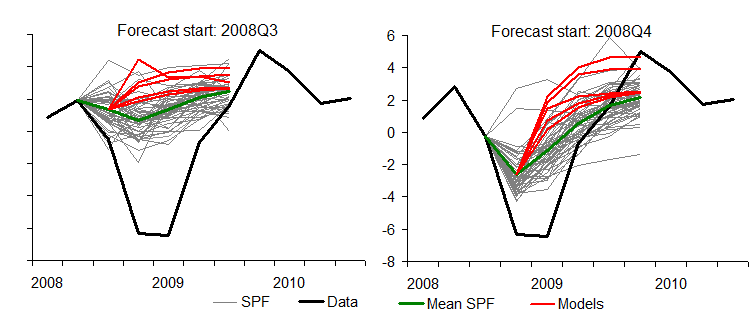Though much of my working life was intended to promote free trade, I question most economists' adherence to it. On the grounds of freedom, I fully agree that governments have no business interfering with willing buyers' importing goods and services from willing sellers. With some caveats, concerning risks to plant, animal and human health, and labour and environmental standards, I do think people should be free to trade with one another. The other argument in favour of free trade is slightly more subtle, but no less persuasive: it's underpinned by the principle of comparative advantage. Essentially, it shows that international specialisation of labour can benefit all trading countries. There are, again, caveats, but generally the theory holds. My concerns are that, yes, a country, say, the US, will benefit from trade with China, but who within the US captures most of the benefits? Consumers, including many poorer consumers, do benefit from cheaper imported goods. But do those gains from cheaper goods outweigh the income lost from jobs now done overseas? Are most of the gains from free trade going to the owners of capital, rather than low-income labour? Comparative advantage says that even after compensating the losers countries benefit from free trade. The problem is that most of the losers are not being fully compensated.
There's what appears to be a similarly misplaced ideological commitment to something called 'markets' in such policy areas as health and education where these are mostly run by government. Much intellectual effort has gone into trying to implant in the public sector those disciplines that characterise the creative destruction of the private sector. This is the sort of work in which my profession seems to revel. (Along, incidentally, with making false predictions: here's how successful they were in predicting the Great Recession: "As you can see, even in the third quarter of 2008, the best models we have missed the big recession entirely.")
 | ||||
| Source: Economists' biggest failure, Noah Smith, 'Bloomberg', 5 March 2015 |
I don't know whether such efforts have been successful; I'm not sure anybody does. They have certainly been divisive and morale sapping, and have expanded bureaucracy, and led to such wasteful distractions as Mickey Mouse micro-objectives and 'teaching to the test'.
This is where Social Policy Bonds could enter the picture. Instead of seeing 'free trade' and 'markets' as ends in themselves, why not see them as means to an end, and so why not target those ends directly? All the empirical evidence backs up economic theory that markets are the best means we have of allocating society's scarce resources. The definition of economics I was taught is the allocation of scarce resources in order to meet prescribed ends. Most countries don't bother with broad social or environmental goals. By default, therefore, the implicit goal becomes something like Gross Domestic Product per head, or its growth rate. Occasionally a social or environmental problem becomes so acute - and visual - that it becomes impossible to ignore, so resources are devoted to solving it. But we can do better than that. Instead of seeing free trade or markets as ends in themselves, we can yoke them to a higher purpose, as defined by society and its government. That would probably mean helping those severely disadvantaged, including those who suffer from the freeing up of international trade.
So I think society should define certain ends and use markets to achieve them. This has to be at a broad level, because resources can readily move between sectors. Under a Social Policy Bond regime, government would do what it is best at: articulating society's goals, whether they concern health, education, or extreme poverty; and raising the funds necessary to achieve them. And markets would do what they are best at: allocating our scarce resources in order to achieve our social goals with optimum efficiency.
No comments:
Post a Comment